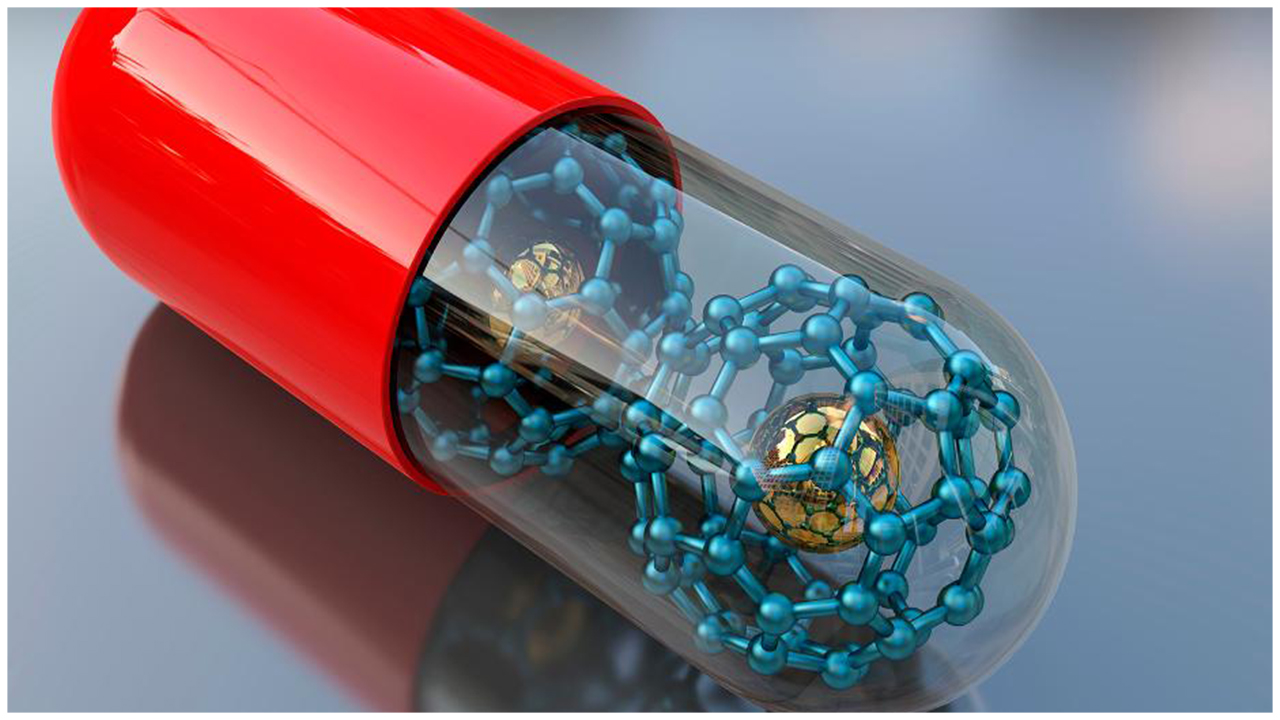Scientists at S. N. Bose National Centre for Basic Sciences, Kolkata (SNBNCBS) have developed a safe and cost-effective nanomedicine that promises treatment of a number of diseases by altering oxidative stress in the body. The research may provide a ray of hope in India’s fight against COVID-19, as the nanomedicine can decrease or increase reactive oxygen species (ROS) in our body, depending on the situation and cure the disease.
The ability of this research for controlled enhancement of ROS in mammals raises hopes of a new potential for the application of nanomedicine in controlling virus infections, including COVID-19. Animal trial for the Reduction & Oxidation processes (Redox) healing of several diseases is completed, and now the institute is looking for sponsors to start clinical trials on humans.
The medicine combines nanoparticles extracted from manganese salt with citrus extract, like from lemon. A crucial combination of manganese and citrate employing tricks of nanotechnology produces the nanomedicine. The artificially made nanomedicine was found to be important to maintain a balance of reduction and oxidation processes (Redox) in our body’s tissues. Redox reactions in cells add or remove oxygen, and are essential for many processes such as generating energy in cells. The redox reactions can also create products harmful to cells called reactive oxygen species (ROS), which can instantly oxidize lipids (fat), proteins, and nucleic acids, accelerating the ageing process. However, it has to be noted that our immune cells naturally produce ROS or generate oxidative stress to kill viruses or bacteria and infected cells in our body. Thus, controlled-increase of ROS or oxidative stress aids our immune cells to perform their natural functions more efficiently.
Enhancement of oxidative stress by nanomedicine in animal tissue is also commendable and finds application in curing diseases, including neonatal jaundice. Recently the institute has shown that the added oxidative stress upon administration of the nanomedicine can break down bilirubin (the toxic molecule causing jaundice), providing a cure for hyperbilirubinemia (jaundice). In a trial on mice, the nanomedicine was found safe and swift, precisely bringing down bilirubin levels within two and a half hours. This ability of controlled enhancement of oxidative stress (ROS) in mammals paves new potential for the application of nanomedicine in controlling virus infection, including COVID-19. Recently, local administration of hydrogen peroxide, which is in a class of ROS, is recommended to be a way of surviving COVID-19. The excess ROS was achieved by applying the hydrogen peroxide chemical in respiratory track through a nebulizer is advised in order to inactivate COVID-19 by breaking down the viral structure. As a direct application of hydrogen peroxide create several complications, including direct oxidation of normal body cells, replacement of the chemical by the nanomedicine would be beneficial.
These findings have been published in international journals. In October last year, a comprehensive review entitled “Role of Nanomedicine in Redox Mediated Healing at Molecular Level” of all the development has been published in the journal Bimolecular concepts. The concept got immediate attention of international experts in the field and referred as “a new front in redox medicine, the emerging field of ROS-based nanomedicine, involving nanomaterials with ROS-regulating properties, holds promise for optimized therapeutic efficacies” in a recent Nature journal in March in this year. The efficacy of the developed nanomedicine in balancing oxidative stress (ROS) in mice was tested recently by injecting Lead (Pb) ions to create higher oxidative stress (ROS) and liver damage. It was found that the nanomedicine reduces oxidative stress of the mammal due to lead-exposure and also helps to remove the toxic ions from the liver (popularly known as chelation therapy in medicine) reversing the damage of the organ. Recently, ChemMedChem has highlighted this work on the front cover.

 SNBNCBS develops Nanomedicine to alter oxidative stress for better immune power to treat viral infections including COVID-19
SNBNCBS develops Nanomedicine to alter oxidative stress for better immune power to treat viral infections including COVID-19











.jpeg)






.jpeg)





.jpeg)



.jpeg)
.jpeg)
